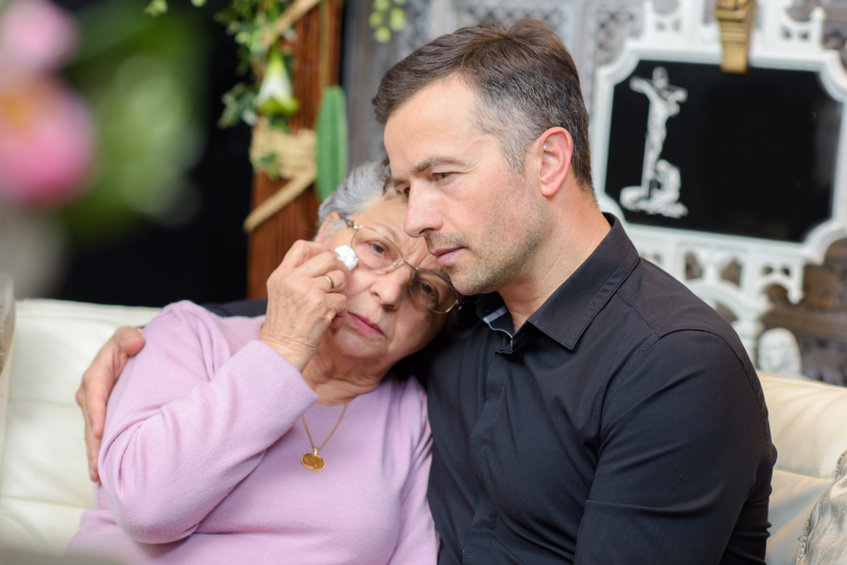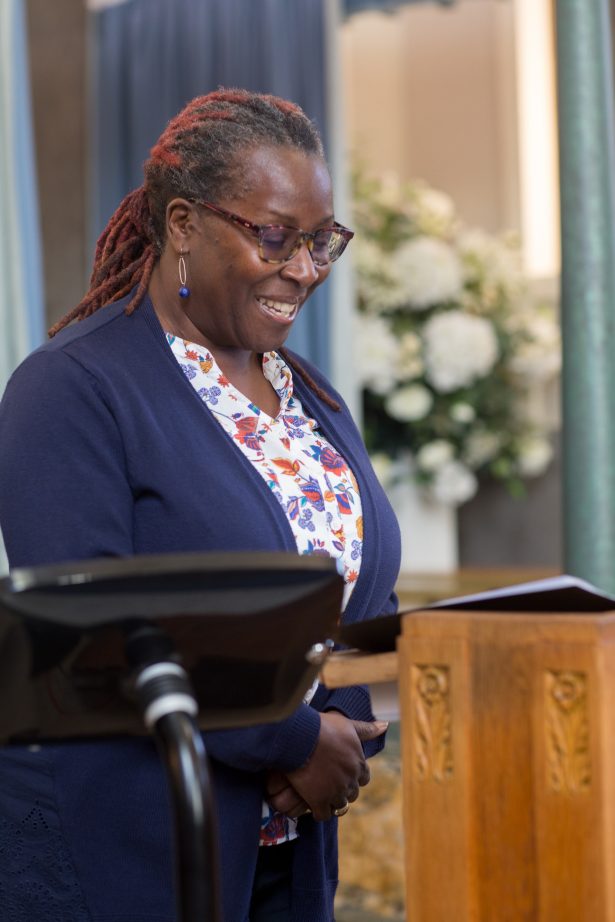-

Lessons The Seasons Changing Can Teach Us About Grief
Posted on October 11th, 2022
Posted by underLessons The Seasons Changing Can Teach Us About Grief […]
-

What To Do On The One-Year Anniversary Of A Loved One’s Death
Posted on June 10th, 2022
Posted by underDeath anniversaries can be difficult, especially the first year after a loss. It may be challenging figuring out how to […]
-

Funeral Etiquette
Posted on May 12th, 2022
Posted by underWhen attending a funeral, being aware of proper funeral etiquette will help you to navigate the event in a way […]
-

5 Ways To Help A Loved One Struggling With Loss
Posted on April 13th, 2022
Posted by underLosing a loved one changes your life forever. When someone you love has recently suffered a loss, you may not […]
-

How To Write A Good Eulogy
Posted on March 9th, 2022
Posted by underSummarizing someone’s life in a short speech is an awesome responsibility, especially in the midst of dealing with your own […]

Blog
